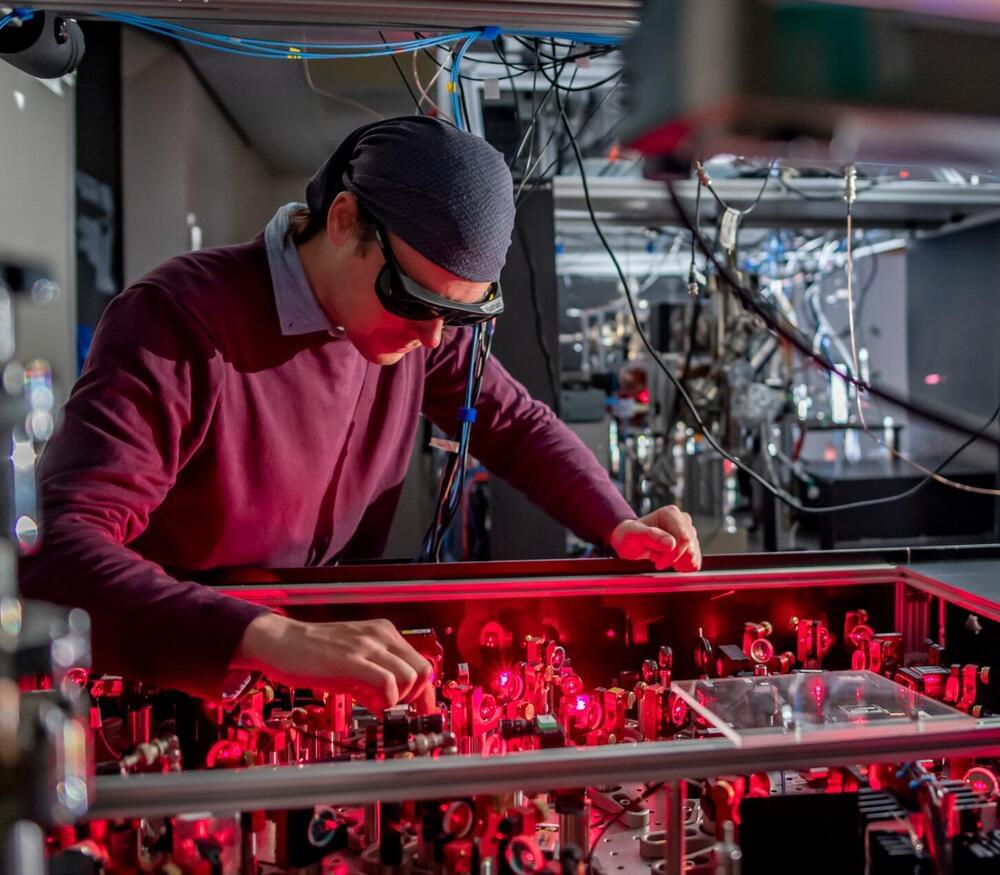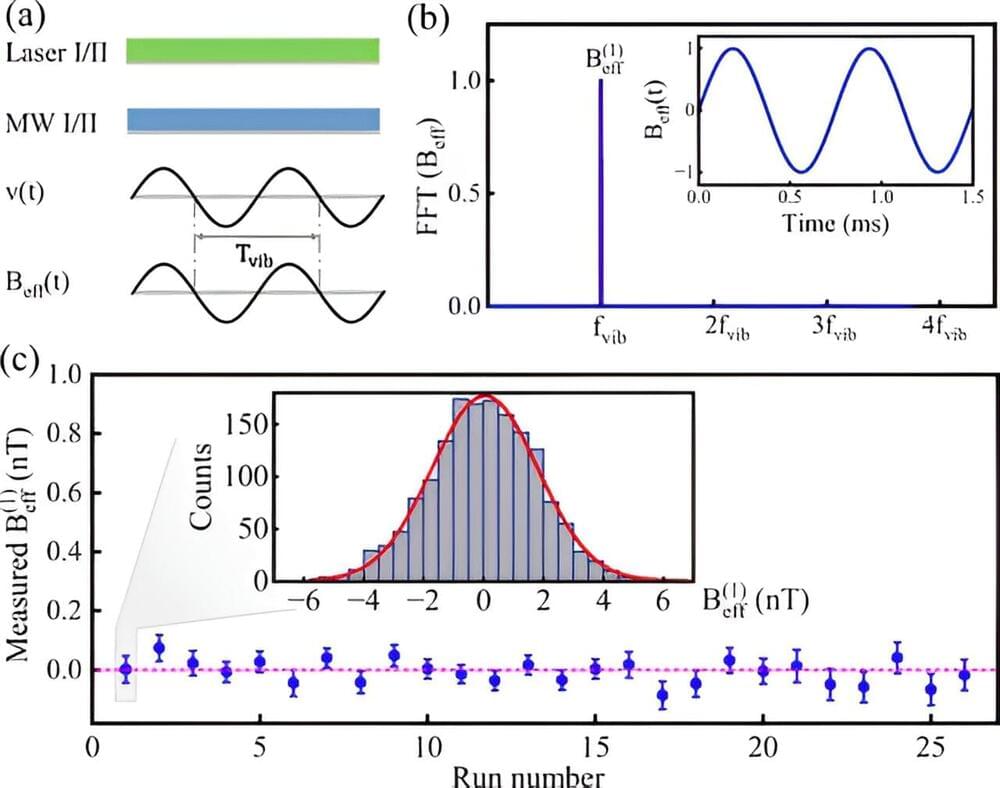A connection between time-varying networks and transport theory opens prospects for developing predictive equations of motion for networks.
Many real-world networks change over time. Think, for example, of social interactions, gene activation in a cell, or strategy making in financial markets, where connections and disconnections occur all the time. Understanding and anticipating these microscopic kinetics is an overarching goal of network science, not least because it could enable the early detection and prevention of natural and human-made disasters. A team led by Fragkiskos Papadopoulos of Cyprus University of Technology has gained groundbreaking insights into this problem by recasting the discrete dynamics of a network as a continuous time series [1] (Fig. 1). In doing so, the researchers have discovered that if the breaking and forming of links are represented as a particle moving in a suitable geometric space, then its motion is subdiffusive—that is, slower than it would be if it diffused normally.









